NIZATIDINE - ORAL
PHONETIC PRONUNCIATION: (nye-ZA-ti-deen)
COMMON BRAND NAME(S): Axid
GENERIC NAME(S): nizatidine
Uses
USES: Nizatidine is used to treat ulcers of the stomach and intestines and prevent them from coming back after they have healed. This medication is also used to treat certain stomach and throat (esophagus) problems (such as erosive esophagitis, gastroesophageal reflux disease-GERD). It works by decreasing the amount of acid your stomach makes. It relieves symptoms such as cough that doesn't go away, stomach pain, heartburn, and difficulty swallowing. Nizatidine belongs to a class of drugs known as H2 blockers.
How to use NIZATIDINE - ORAL
HOW TO USE: Take this medication by mouth with or without food as directed by your doctor, usually once or twice a day. If you are taking this medication once daily, it is usually taken right before bedtime. If you are using the liquid form of this medication, carefully measure the dose using a special measuring device/spoon. Do not use a household spoon because you may not get the correct dose. The dosage and length of treatment are based on your medical condition and response to treatment. Follow your doctor's instructions carefully. If needed, antacids may be taken along with this medication. Use this medication regularly to get the most benefit from it. To help you remember, take it at the same time(s) each day. Do not increase your dose or use this drug more often or for longer than prescribed. Your condition will not improve any faster, and your risk of side effects will increase. Continue to take this medication for the prescribed length of treatment even if you are feeling better. Tell your doctor if your condition does not improve or if it worsens.
Side Effects
Precautions
Interactions
Overdose
Images
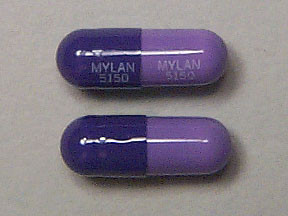
- color
- purple
- shape
- oblong
- imprint
- MYLAN 5150, MYLAN 5150
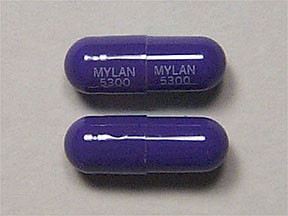
- color
- lavender
- shape
- oblong
- imprint
- MYLAN 5300, MYLAN 5300
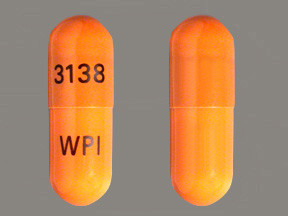
- color
- light brown
- shape
- oblong
- imprint
- 3138, WPI
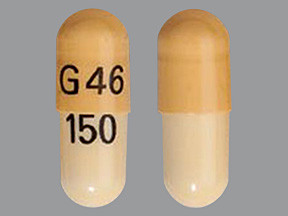
- color
- light yellow
- shape
- oblong
- imprint
- G46, 150
Reviews
Faq for NIZATIDINE - ORAL
Nizatidine is used to treat conditions such as ulcers in the stomach or intestines, gastroesophageal reflux disease (GERD), and excessive stomach acid production.
Nizatidine belongs to a class of drugs called H2 blockers, which works by reducing the amount of acid produced in the stomach.
Common side effects of nizatidine may include headache, dizziness, constipation, diarrhea, and nausea. Consult your doctor if these side effects persist or worsen.
It is important to inform your doctor about all the medications you are taking, including over-the-counter drugs and supplements, as they may interact with nizatidine. Certain medications, such as antacids or certain antibiotics, may reduce the effectiveness of nizatidine.
Nizatidine should be taken exactly as prescribed by your doctor, usually 1 to 2 times daily. It can be taken with or without food. Follow the instructions on the label and do not exceed the recommended dosage.
If you are pregnant or planning to become pregnant, consult your doctor before taking nizatidine. It is also not recommended to use nizatidine while breastfeeding, as it may pass into breast milk and harm the infant.
The onset of action of nizatidine may vary from individual to individual. It may take a few days to a week for the medication to start working. It is important to continue taking nizatidine as directed by your doctor, even if you start feeling better.
While serious side effects from nizatidine are rare, they may include severe allergic reactions, liver problems, and blood disorders. Seek immediate medical attention if you experience symptoms such as rash, itching, yellowing of the skin or eyes, or unusual bleeding or bruising.
Nizatidine is not typically prescribed for children due to limited safety and effectiveness data in pediatric patients. Consult a pediatrician for appropriate alternatives in children.
Disclaimer
IMPORTANT: HOW TO USE THIS INFORMATION: This is a summary and does NOT have all possible information about this product. This information does not assure that this product is safe, effective, or appropriate for you. This information is not individual medical advice and does not substitute for the advice of your health care professional. Always ask your health care professional for complete information about this product and your specific health needs.

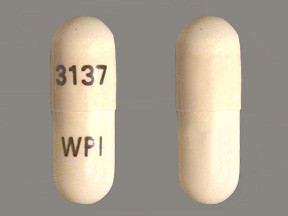
No Reviews Yet